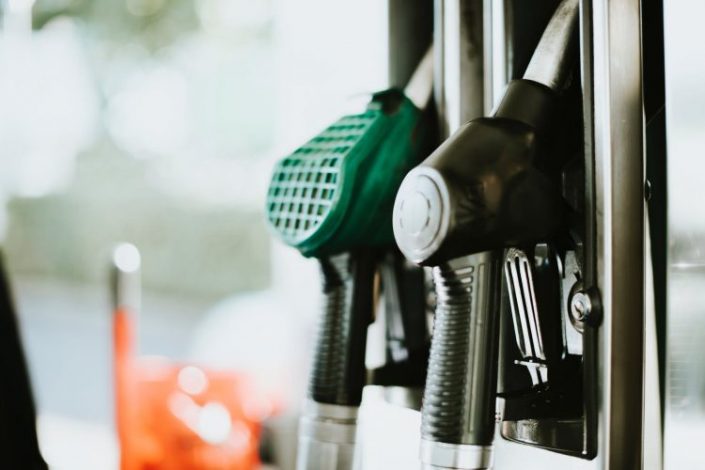New LPG regulations attack counterfeit market and create safety guarantees to draw consumers off firewood that is driving respiratory disease as Kenya’s biggest killer.
The government has approved the Liquefied Petroleum Gas (LPG) regulations banning oil marketers from accepting gas cylinders from rival brands during refills.
The changes come as part of a government drive to position LPG as Kenya’s primary cooking fuel to end the health and environmental problems caused by cooking with firewood and charcoal.
Mr. Pavel Oimeke Director General of the Energy and Petroleum Regulatory Authority (EPRA) on Tuesday.said the regulations are meant to enhance safety, and its (LPG) investment levels, and put in place the conditions for the market to thrive.
“So that is what we have done, with the regulations that we are marking today, which will end cylinder interchangeability in the LPG market and make marketers 100 per cent responsible and liable for the safety of every LPG cylinder,” said Oimeke adding that
“We believe we have now moved an enormous roadblock to the take-off of LPG in Kenya, and with it solutions to other problems too.”
“The mandatory interchange of LPG cylinders has seen brands lose track of 90 per cent of the cylinders they had invested in, stalling investment in further cylinders, and seeing legal checks set aside as nameless refillers resold cylinders, but could not be made accountable for safety breaches,” he said.
Responsibility on LPG brands
“The brands, which will only swap their cylinders for new ones through their own branded retail points, must also now add safety instructions onto each cylinder, including guides on what to do if consumers smell a gas leak,” said Oimeke.
The country’s dependency on firewood and charcoal, which has remained larger than for other countries in Africa as a result of the recent disorder in the Kenyan LPG market, has also eroded the country’s forests, with illegal logging damaging its main water catchment forests, and the nation now suffering a 16m m3 shortfall in its wood supply each year.
“LPG is actually a cheaper cooking fuel than firewood, charcoal or kerosene on a meal-by-meal sum and gets families back to clean homes and good health, saving our forests and our water supply too,” said Mr Aluko.
Government, industry and regulators are therefore now working to make LPG the primary cooking fuel in Kenya. In addition to the new regulations, government plans to increase LPG imports and storage at Mombasa, while the industry is increasing its investments in LPG cylinders six-fold.
“To this end, the EPRA will no longer tolerate any gas cylinder that has not been properly checked between refills and is not fully labelled for safety and traceability,” said Mr Oimeke.




